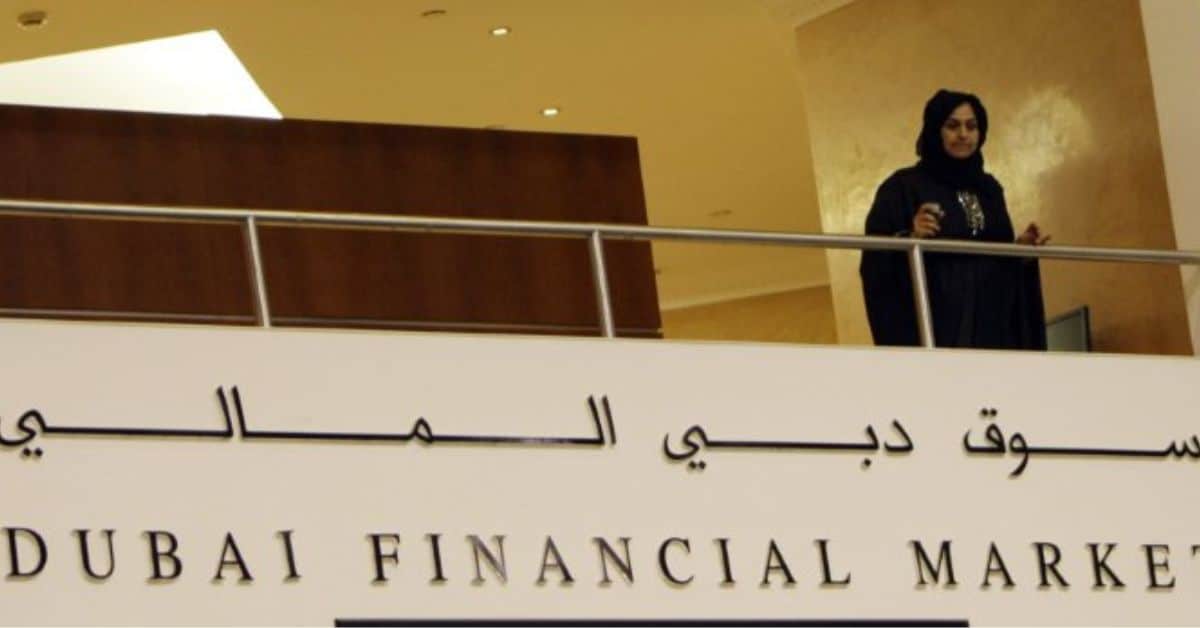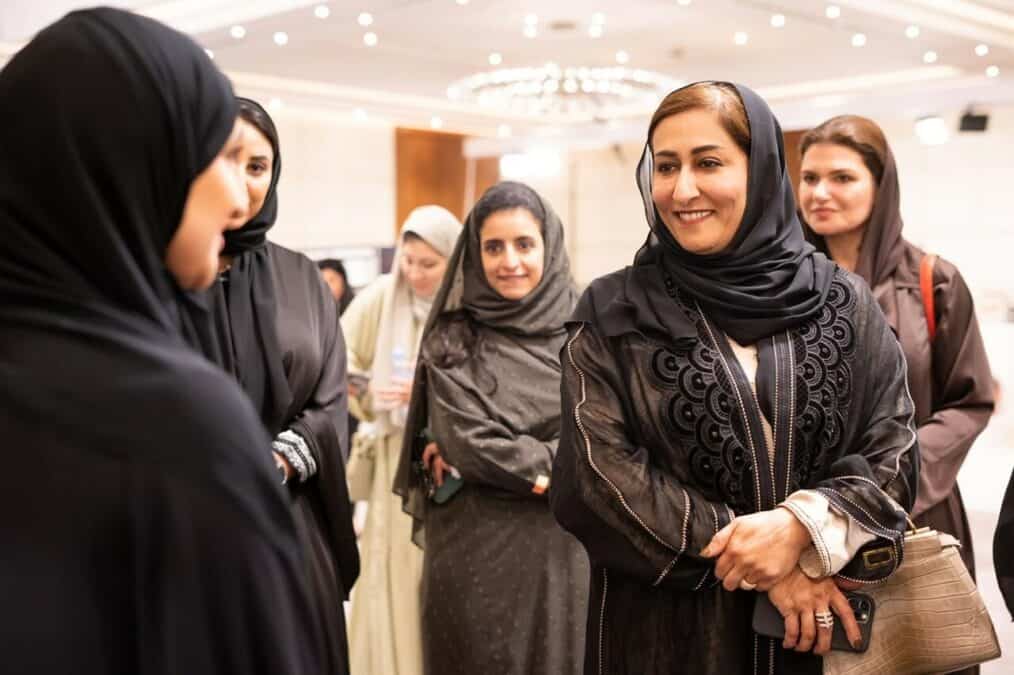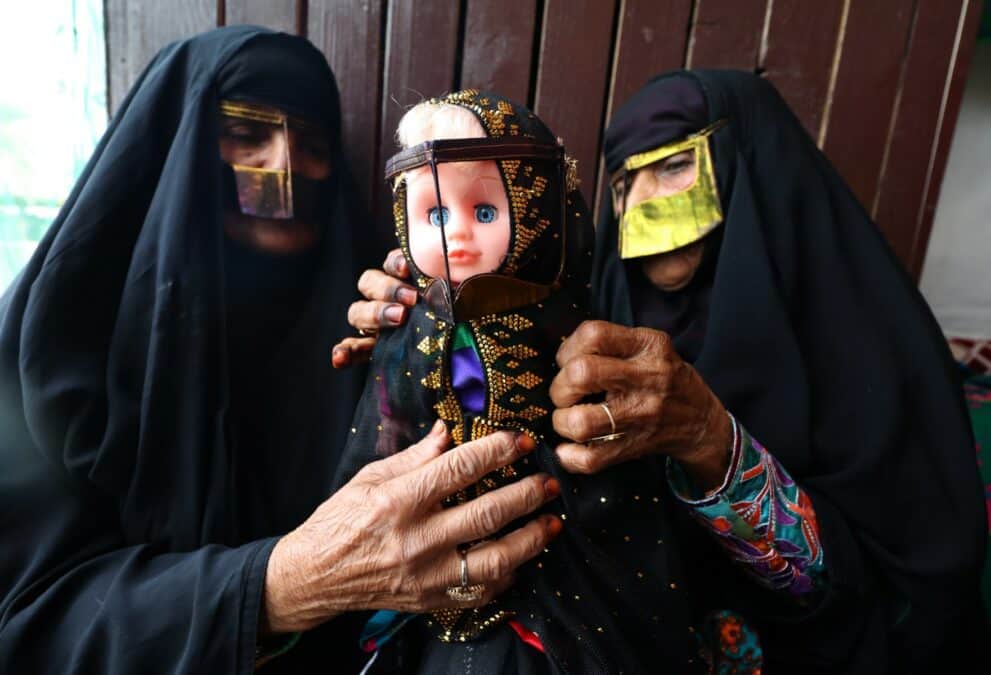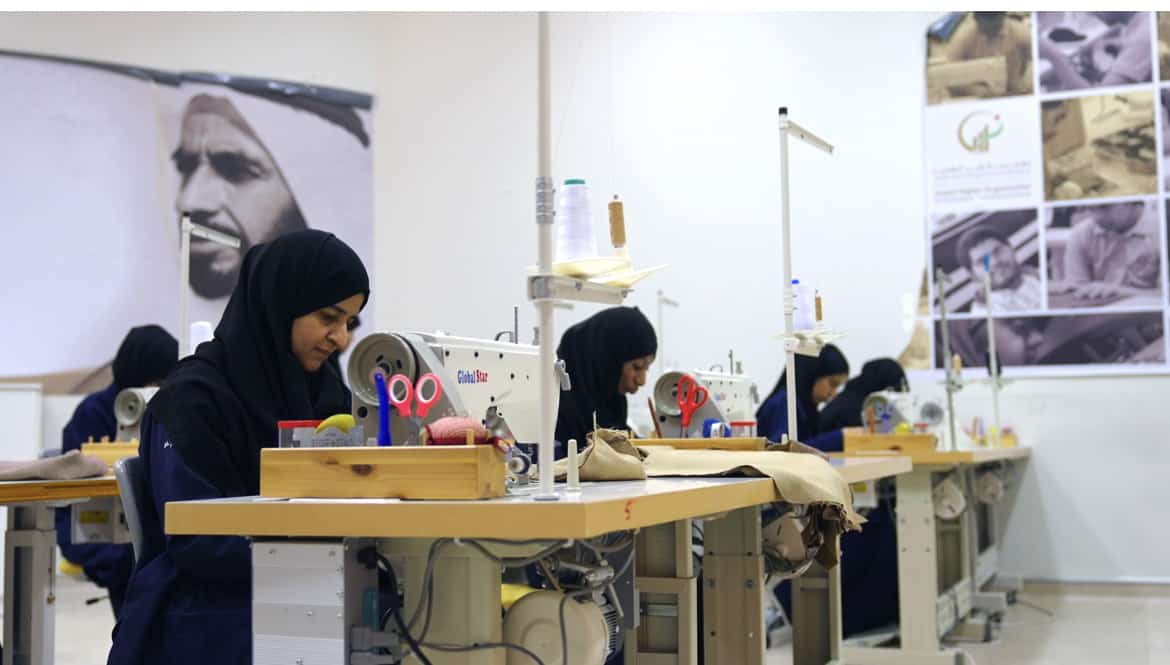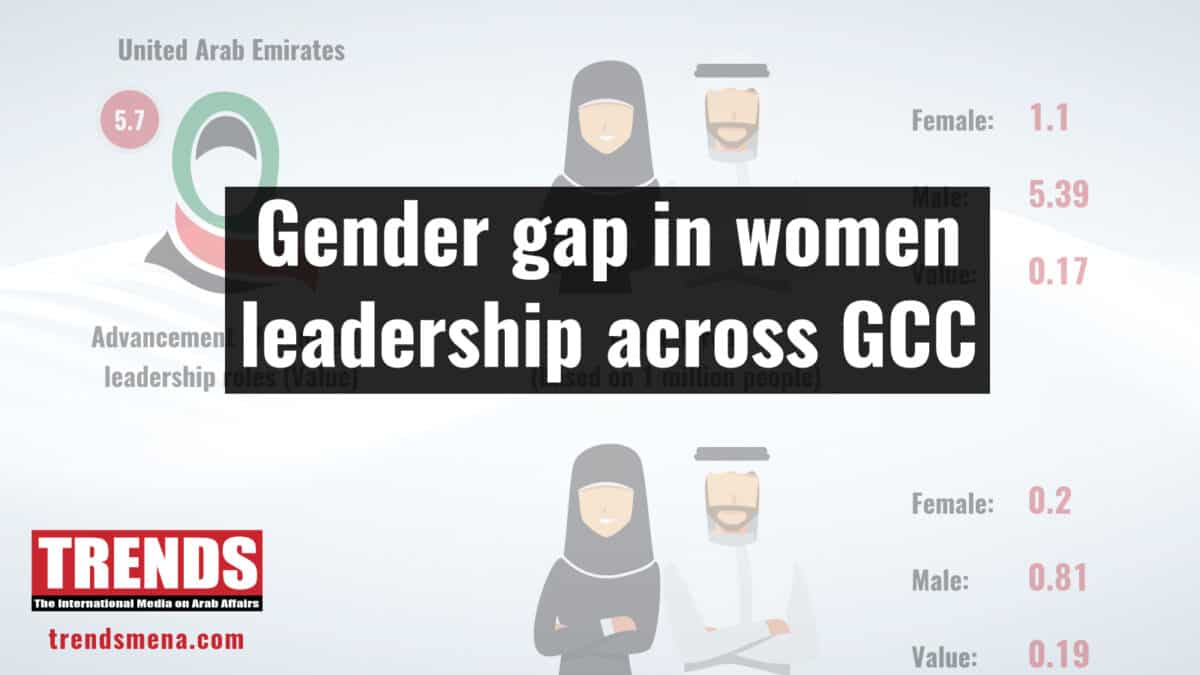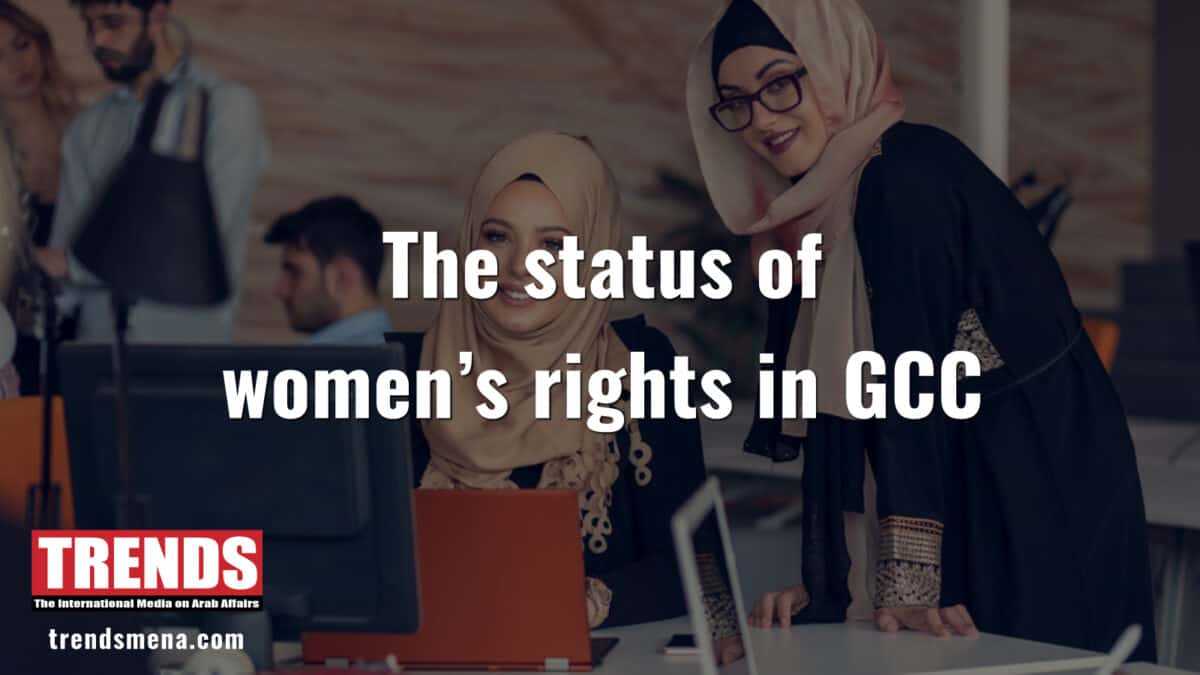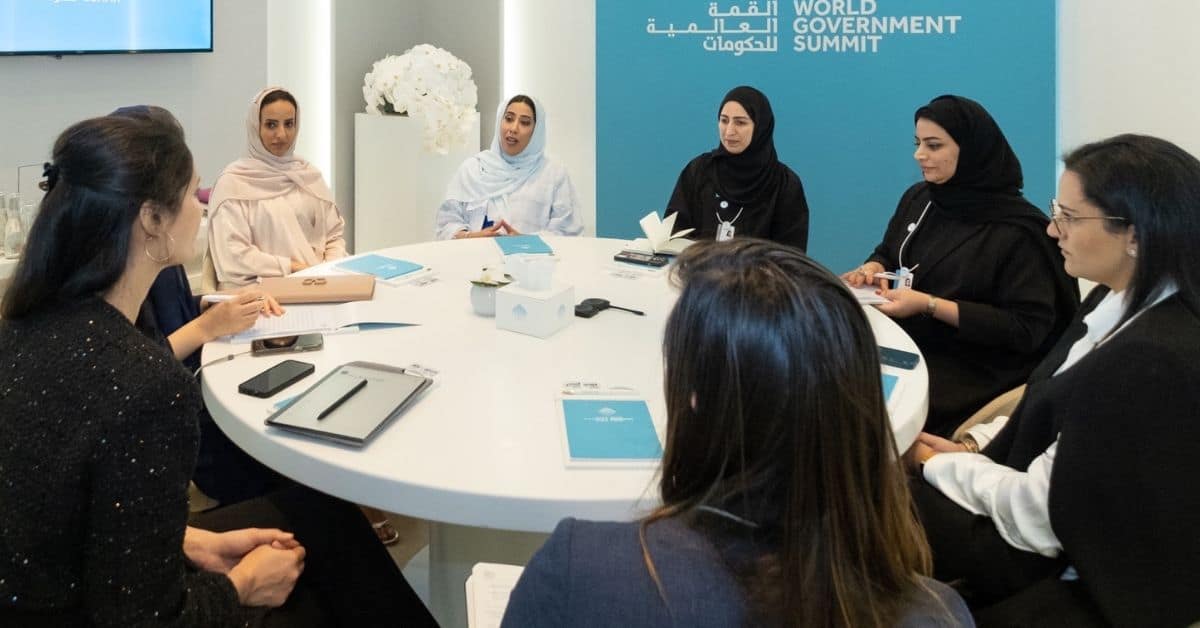Women leaders ‘just as competent as men’
Creating an environment conducive to growth for women is no longer a nice-to-have but simply good business sense, says Sahar while discussing her experiences as an Arab woman working in traditionally male-dominated fields.
Resilience and positivity key to success
There is a need to address workplace gender equality issues and empower women in leadership roles and men play a vital role in achieving gender parity, adds Leila, an advocate for gender diversity and inclusivity.
Arab women embrace technology, innovation
Initiatives such as STEM and Women in Tech are crucial in bridging the gender gap and empowering women to drive innovation, adds Noha Kadry, Regional Program Manager at Red Hat Academy.
Women leadership key to sustainable future
Women in the region need to be patient, attentive, and teachable to succeed at building a business. The skills women learn here will set them apart from the competition more than any degree or job could, she adds.
Women need more agency to achieve equality
Women’s achievements at all levels during the past 50 years are widely regarded as an essential foundation for shaping the future of the UAE and must be preserved, says Alia Al Serkal, Head of People Learning & Growth at du.
Unique platforms raise Arab women’s voices
Empowering women through platforms that allow them to tell their stories and express their opinions is crucial in achieving gender equality and creating a more inclusive society, says Women founder Elissa Freiha.
Challenges continue to haunt businesswomen
Women entrepreneurs in the region are overcoming challenges and changing perceptions with support from communities and government initiatives, Nohir Saleh, CEO of Fashion Incubator Middle East, tells TRENDS.
Unequal pay checks plague GCC workplaces
Businesses in the region need to embed diversity strategies by setting diversity KPIs to ensure fair assessments for women and reinforcing supportive workplace culture whill also help acheive the goal, she advises.
Fewer GCC women achieve leadership roles
Young women in the MENA region are more likely to be in the workforce, while the GCC countries — particularly the UAE, Saudi Arabia, and Qatar — have seen advances in labor force participation, according to a PwC report published in December last year. However, they are yet to gain enough space in the leadership…
Tough laws, quotas may plug GCC gender gap
Despite being the most educated demographic, women in the region have the lowest employment rates. it is crucial to incorporate women into non-traditional sectors to facilitate the GCC’s shift towards a post-oil economy.
Despite hurdles, women entrepreneurs thrive in MENA tech sector
As the governments and private organizations in the region are taking measures to encourage and support women entrepreneurs in the tech industry, their prospects across the setor are improving, and there is a growing sense of optimism that more women will continue to break through the glass ceiling in this field.
Gulf boardrooms lag in gender diversity
The Middle East has made significant progress in advancing gender diversity in the workplace through measures such as generous parental leave policies and flexible working arrangements. While the progress is commendable, experts believe that there are still hurdles to overcome to ensure greater representation of women in executive and board positions. Structural issues pose a…


